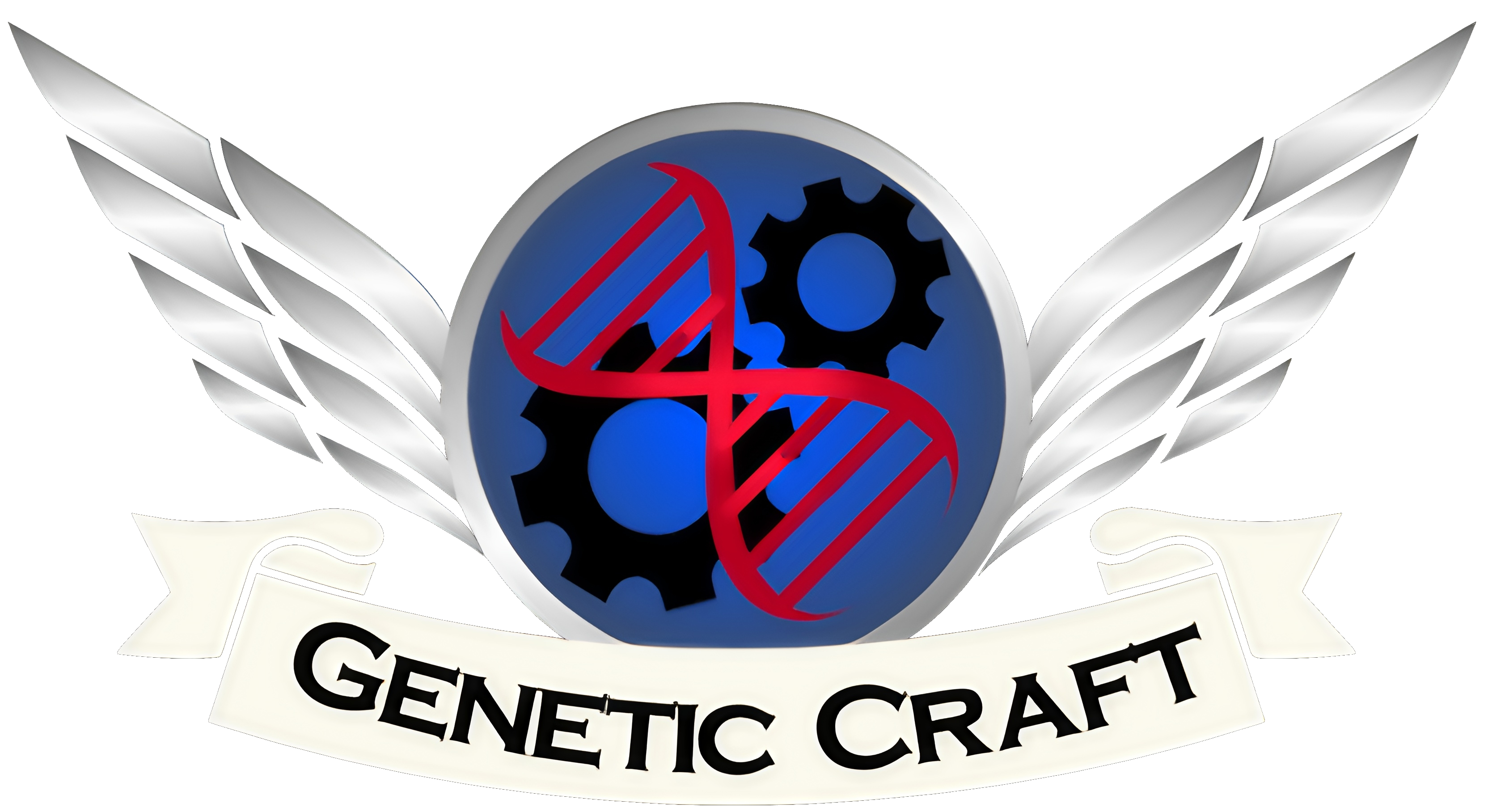Dec 20, 2024
To understand the nature of being a Bioengineer and the nature of Bioengineering, I interviewed Trinny Tat. She is a Bioengineer, and she has studied at Caltech and UCLA.

Q: What skills do you need to be a good Bioengineer?
"Coding, wet lab, cell cultures, electrical circuit design, 3D design. Most importantly, writing and communication skills are what you will need. Other technical skills can be built over time but being a sociable and friendly person will get you far."
Q: In how much time do you think CRISPR (or any other technique) will be more commonly used as a treatment option? What makes you say that?
"I am a bioengineer by training working to design medical devices. My focus is not on CRISPR and I do not have experience working on CRISPR but it was 4 years ago that I visited Jennifer Doudna's Lab. She was the pioneer of CRISPR and received a Nobel Prize. I think in the next 10 years, it will be. But for now it is still very recent."
Q: Will DNA information storage be feasible to use? Why do you say that?
"It has already been used by 23andMe and those companies. So I say it is feasible."
Q: Can our environment benefit from biotechnologies in terms of climate change? Are they feasible?
"Yes, as a Bioengineer who designs devices. Biotechnologies such as energy harvesting devices are indeed important to climate change. They are designed to harvest environmental energy such as solar, wind, water, or any movements and convert them to useful electricity. These technologies are already popular and many more are invented."
Q: Can meat created by cell culture be done on a massive scale, so that it is worth the effort?
"If only the large-scale manufacturing of cell-cultured meat is sustainable, cost-effective, tasty, and healthy than the original option. The key is are you addressing a customer’s pain point and find a good value proposition for these kinds of products."
Q: Do you think that it is safe to use intrusive technologies such as "Neuralink" on the body? Can you tell us your reasons why?
"Intrusive or not, it is an implantable device. Any implantable devices have to go through extensive FDA process in the United States. Moreover, Neuralink is cosmetically visible and that is not beautiful to look at. But talking about a safe, wearable and intrusive device, we have that everywhere. When you browse something, Meta will give you ads about it later. And that’s good because you can view relevant information."
Q: What do you think about people starting to use technologies that are connected to their bodies? Will they be in danger in terms of cybersecurity? How can that be solved?
"We have been using technologies that are connected to our body. Diabetic monitoring, implantable pacemaker, etc. Many of them are important as long as your health needs it. Even an Apple Watch can read ECG, heart rate. Everything is dangerous in terms of cybersecurity. If you enter your password on your phone, you sometimes risk it being leak. If you use your credit card online, you also encounter danger. Data leak happens all the time. The point is to choose wisely and do not go with a unbranded technology."
Q: How will the privacy of each person's DNA be safe, considering that genetic procedures would become more common and companies will have your DNA?
"23andMe and other companies already have people’s DNA. That’s a concern for the United States’ government to establish important guidelines. For example, recruitment patients in the US is harder because we have to go through IRB and many steps to ensure privacy. However, in China, that is not the case. So it really depends on where your products come from."
Q: How can people's fear of genetic technologies be reduced?
"When people are desperate, they will have no options. Studies indicate that many patients prioritize hope over statistical success rates. For instance, a 2016 review in Psycho-Oncology examined patient decision-making and found that even treatments with less than a 5% success rate were pursued due to emotional resilience and optimism."
Q: How much time can biotechnologies take to become widely accepted by people as a treatment, legally speaking?
"Depending on the stage, from research lab to establishinng a company to selling it in the market will take about 10 years."
